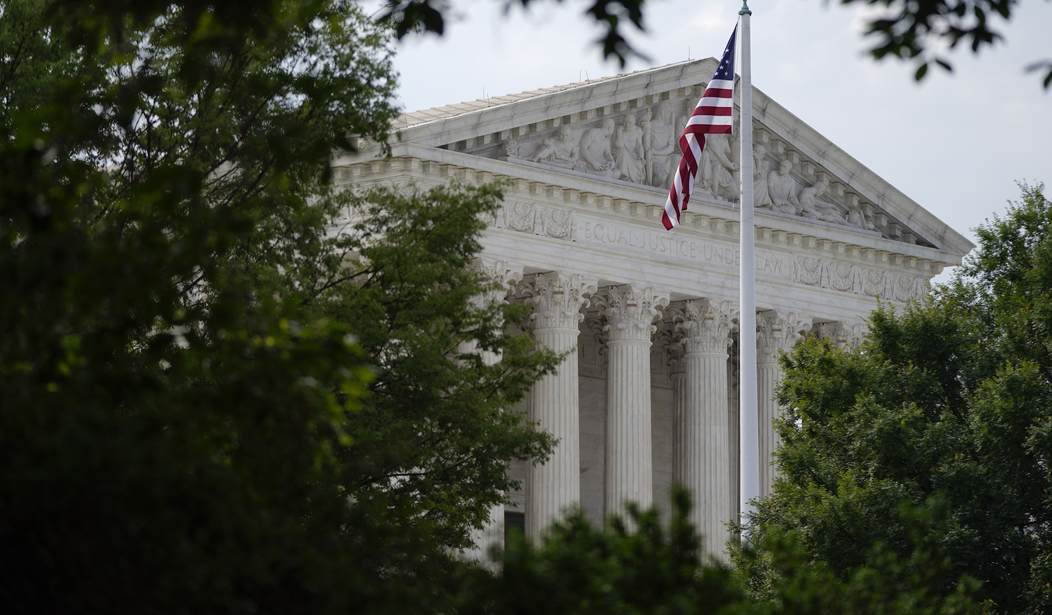In a Supreme Court brief it filed this week, The Onion claims it was founded in 1756 and has "a daily readership of 4.3 trillion." The brief describes The Onion as "the single most powerful and influential organization in human history," with interests in shipping, strip mining, deforestation and animal testing as well as journalism.
The case that prompted The Onion's brief is no less ridiculous than the satirical website's patently preposterous puffery. Last April, a federal appeals court said a man could not sue police officers who had arrested him for making fun of them because they could have reasonably thought their petty vendetta was consistent with the First Amendment.
The spoof of the Parma, Ohio, police department's Facebook page that Anthony Novak created in 2016 was not subtle. It included a job notice that said the department "is strongly encouraging minorities to not apply," a post advertising a police abortion van for teenagers, a warning that Parma had made giving homeless people food a crime so they would "leave our city due to starvation" and an announcement of "our official stay inside and catch up with the family day," during which anyone venturing outside between noon and 9 p.m. would be arrested.
Novak's parody, which was online for just 12 hours, prompted 11 calls to the police department's nonemergency line. Based on that reaction, Novak was arrested and prosecuted for violating a broadly worded state law against using a computer to "disrupt, interrupt, or impair" police services -- a felony punishable by up to 18 months in prison.
A jury promptly acquitted Novak, perhaps recognizing that the logic underlying the charge against him would justify prosecuting anyone whose online criticism provoked phone calls or protests that incommoded the police in any way. But after Novak sued seven police officers for violating his First Amendment rights, the U.S. Court of Appeals for the 6th Circuit ruled that the defendants were protected by "qualified immunity," which shields cops from liability unless their alleged misconduct violated "clearly established" law.
Recommended
The 6th Circuit cited two reasons why police might have reasonably believed that Novak's spoof did not qualify as constitutionally protected speech. Novak had deleted comments describing the page as fake, which he thought ruined the joke, and he had reposted a police department warning about the ersatz account, which he thought made the joke funnier.
When the case against Novak was presented to a grand jury, Detective Thomas Connor claimed the people who called about the parody "honest to God believed" it was the department's official Facebook page. But after Novak sued Connor, the detective admitted that was not true.
Even if a few especially credulous or inattentive people were fooled, the Institute for Justice notes in its petition asking the Supreme Court to review the 6th Circuit's decision, that would not matter under the First Amendment. As the appeals court itself noted at an earlier stage of the case, "the law requires a reasonable reader standard, not a 'most gullible person on Facebook' standard."
The court initially recognized that "the First Amendment does not depend on whether everyone is in on the joke." The Onion amplifies that point in its brief supporting Novak's petition, saying, "a reasonable reader does not need a disclaimer to know that parody is parody."
That approach, The Onion explains, would rob parody of its rhetorical power. The technique relies on first "tricking people into thinking it's real," then revealing the joke by piling absurdity on absurdity.
Because parody "mimics the 'real thing,'" the brief notes, "it has the unique capacity to critique the real thing." Hence "it should be obvious that parodists cannot be prosecuted for telling a joke with a straight face."
What's obvious to most (but not all) Onion readers is not obvious enough under the 6th Circuit's understanding of qualified immunity. That would be funny if the implications for freedom of speech were not so serious.

























Join the conversation as a VIP Member